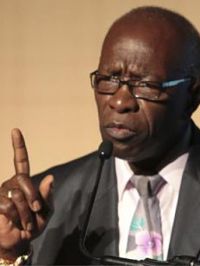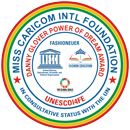
PORT OF SPAIN, Trinidad — On Friday, Justice James Aboud delivered his ruling in the Port of Spain High Court in Trinidad, refusing an application on behalf of the United States to join the extradition proceedings against former FIFA vice-president Jack Warner as an interested party.
Warner is wanted in the United States for a series of fraud-related and corruption charges that allegedly took place between 1990 and 2011 while he was vice-president of FIFA.
Subsequent to being charged, extradition proceedings against Warner commenced at the Port of Spain Magistrates’ Court; however, Warner’s attorneys were successful in obtaining permission from the High Court to challenge the legality of the proceedings against him by way of judicial review. Justice Aboud, the presiding judge, had granted Warner leave on two of the three counts mounted by his legal team. In April, Warner’s attorneys filed an application to disallow the US from becoming part of the proceedings after, at a previous hearing in January, the US had indicated through the Central Authority it was applying to become an interested party.
The three arguments put forward last December by Warner’s attorneys challenging the proceedings, which have yet to begin before Chief Magistrate Marcia Ayers-Caesar, were: some of the provisions in the local Extradition Act did not conform with the Extradition Treaty between this country and the United States; that he was denied the opportunity to have his attorneys present arguments to the attorney general; and also apparent bias.
On the last ground, Warner alleged that the attorney general, before signing the authority to proceed (ATP), received legal advice from attorneys representing the United States through the Central Authority Department.
Justice Aboud granted permission to challenge the proceedings on the first two grounds but did not allow it on the third, stating that Warner’s attorneys failed to provide any evidence to suggest that the attorney general did in fact receive advice from those attorneys representing the interest of the United States.


